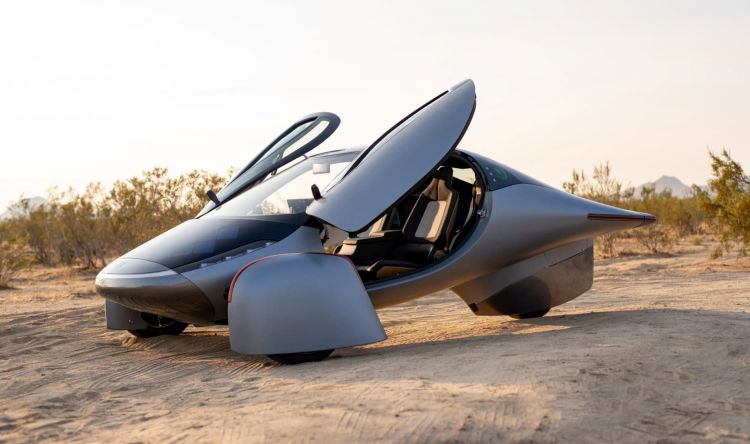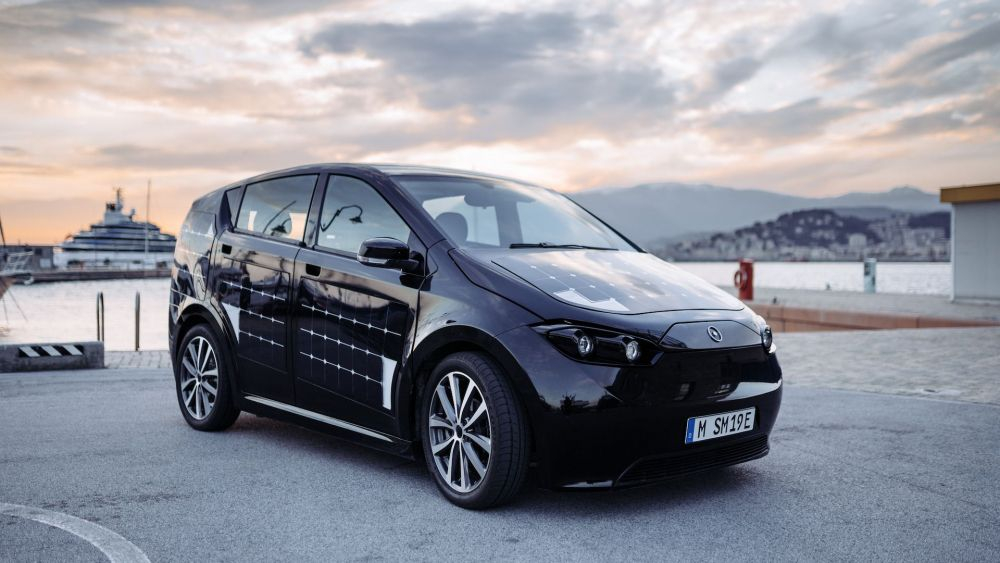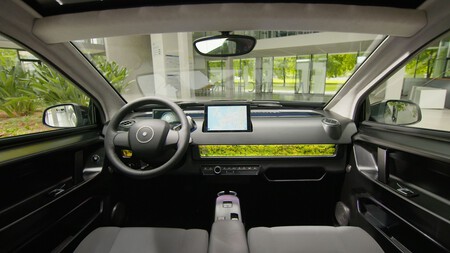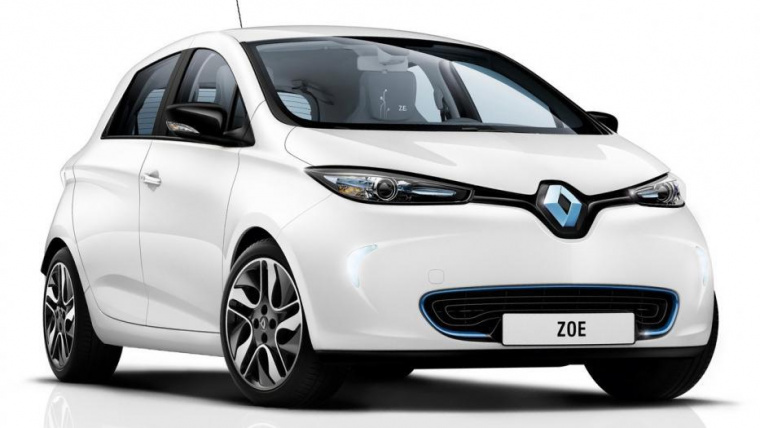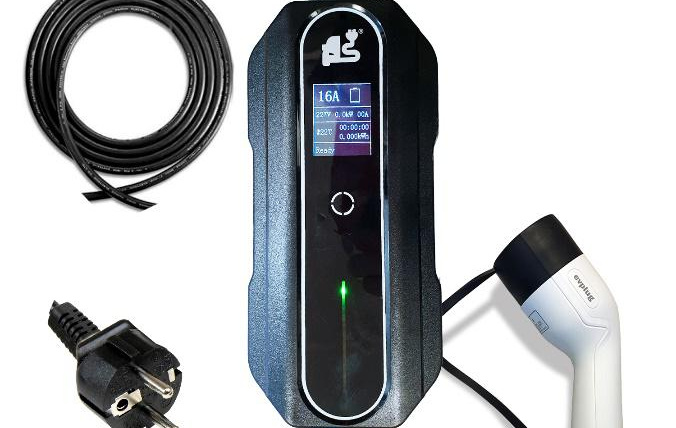Two autonomous electric car projects with solar panels on the exterior paintwork have been cancelled in recent months. Recently it was the Lightyear 0 that was cancelled, when it had barely started production, and now it has been the Sono Sion, the most anticipated electric car for 2023.
Over the last few months, we have spoken on many occasions about a ‘solar’ electric car; that is, a conventional electric car, after all, but with a body full of solar panels that serve to charge its battery and, in this way, save considerably on recharging. It was an electric car that, considering what the average Spaniard drives and taking into account the average solar radiation in our country, was going to be totally free to drive. But unfortunately, the project has been cancelled and there is no turning back now.
The Sono Sion, with a minivan body and 4.47 metres long, with a single electric motor of 163 hp maximum power and a battery with LFP cells of 54 kWh of energy storage capacity, had the photovoltaic technology to give us 112 km of free autonomy every week.
So why has it been cancelled?
Last December, the company launched the ‘#SaveSion’ campaign as a final move to try to get more bookings for the electric car project and, in this way, achieve a sufficient financial injection to be able to bring it to fruition. They needed just 3,500 reservations within 50 days and failed, so their next decision was to extend the campaign again until 28 February. Unfortunately, the forecasts were not fulfilled and they did not get the financial injection they needed. So, the Sono Sion has had to be cancelled.
And there will no longer be a solar electric car?
Yes, there were three projects and the last one is still alive. Right now, the only one of these three projects that is still alive is Aptera, and it seems that this project is healthy enough not to give us such a negative surprise as the one we are talking about here. The company behind Sono Sion is going to engage in B2B business; that is, they are going to become a supplier to companies like Volkswagen – through Scania and MAN – and Mitsubishi in Europe, Asia and the United States. And what they are going to offer them is their solar business. Specifically, they have a ‘solar bus kit’ that will serve to facilitate the transition to all-electric technologies in buses, mainly. What is also envisaged is that their solar technology will also be used for electric cars in the future, but for other manufacturers already established in the automotive sector.
The Aptera, in addition to being small, is very aerodynamic and stands out for being the most efficient in the world, offering 64 km of daily solar charging, which means that it is a solar electric car that can be used without ever having to plug it in to charge its battery.
Is this true? We’ll have to wait a few more months to find out.
